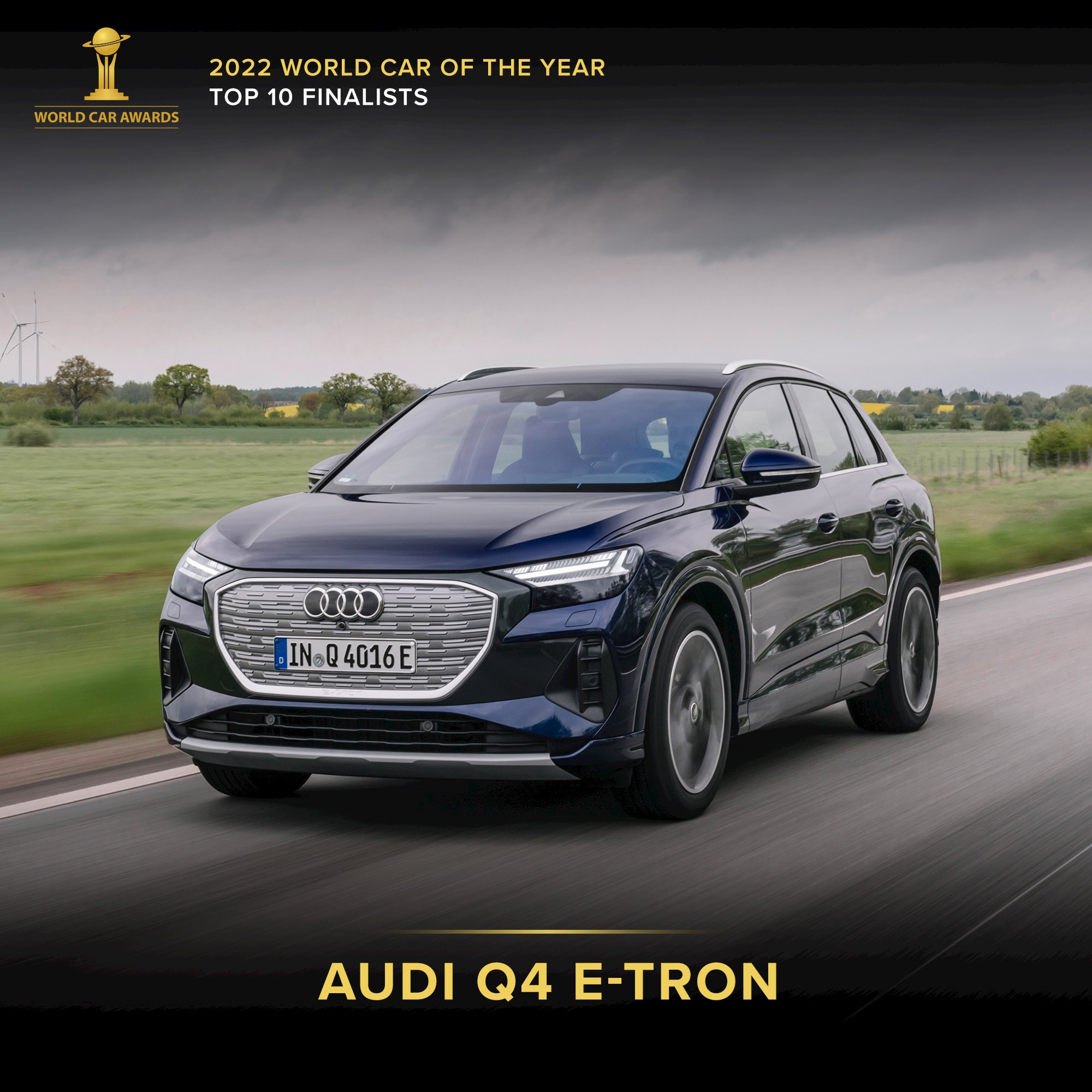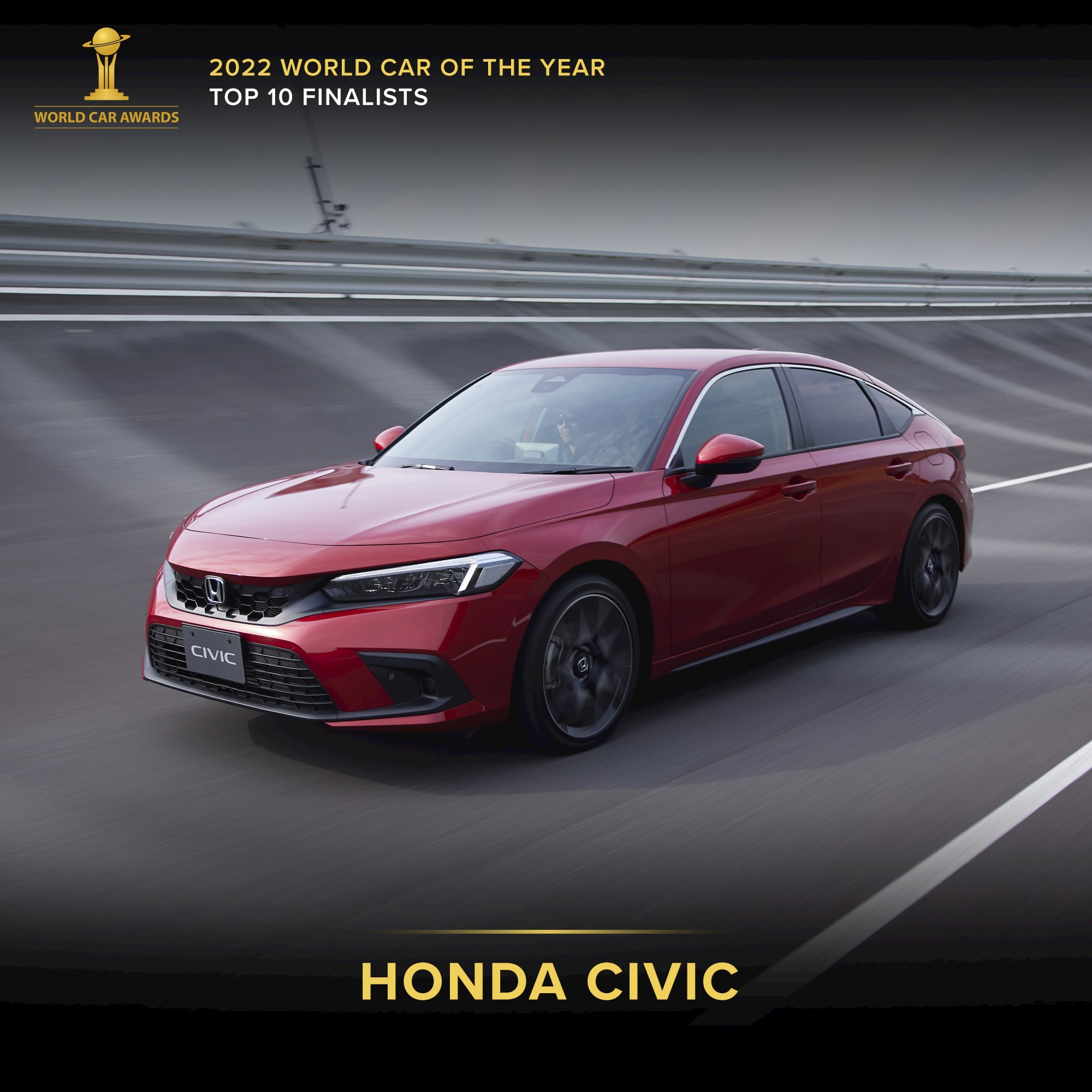We’re well into 2022 already, but the Car of the Year awards seeded in 2021 continue to sprout. The latest is the World Car of the Year (WCOTY) awards; the 10 finalists for the overall award and finalists for six category awards have been announced after judges’ deliberation and testing in 2021, ahead of the big announcement at the New York International Auto Show on April 13 this year.
The WCOTY finalists are (in alphabetical order): Audi Q4 e-tron, Cupra Formentor, Ford Mustang Mach-E, Genesis G70, Honda Civic, Hyundai Ioniq 5, Hyundai Tucson, Kia EV6, Lexus NX and Toyota GR86/Subaru BRZ. The finalists were chosen from an initial list of 28 contenders.

For 2022, the awards now also include a World Electric Vehicle of the Year category, which the committee says is “intended to recognise, support and celebrate the global transition to electrically powered vehicles that is now underway, and to acknowledge the efforts of automakers around the world in developing these climate-conscious vehicles”.
The other categories include World Urban Car, World Luxury Car and World Performance Car. All cars competing in these sections are also eligible for World Car Design of the Year. The five Design finalists are Audi e-tron GT, Ford Mustang Mach-E, Hyundai Ioniq 5, Kia EV6 and Mercedes-Benz EQS.
The WCOTY jury comprises 102 automotive journalists from all over the world. The stated purpose of the programme is to reward “automotive excellence, leadership and innovation in a rapidly changing automotive industry on a global scale”.
The World Design Car of the Year panel is different and includes world-reknowned experts, many of whom are or have been in prominent design roles in the car industry. They include Ian Callum (formerly of Ford, Aston Martin and Jaguar), Patrick le Quement (formerly of Renault) and Tom Matano (formerly Mazda).

The awards are open to “new or fully redesigned” models that are on sale in multiple global markets, on more than one continent.
Uniquely, WCOTY also states that its global nature means its awards “are intended to complement, not compete, with existing national and regional Car of the Year programmes”.













